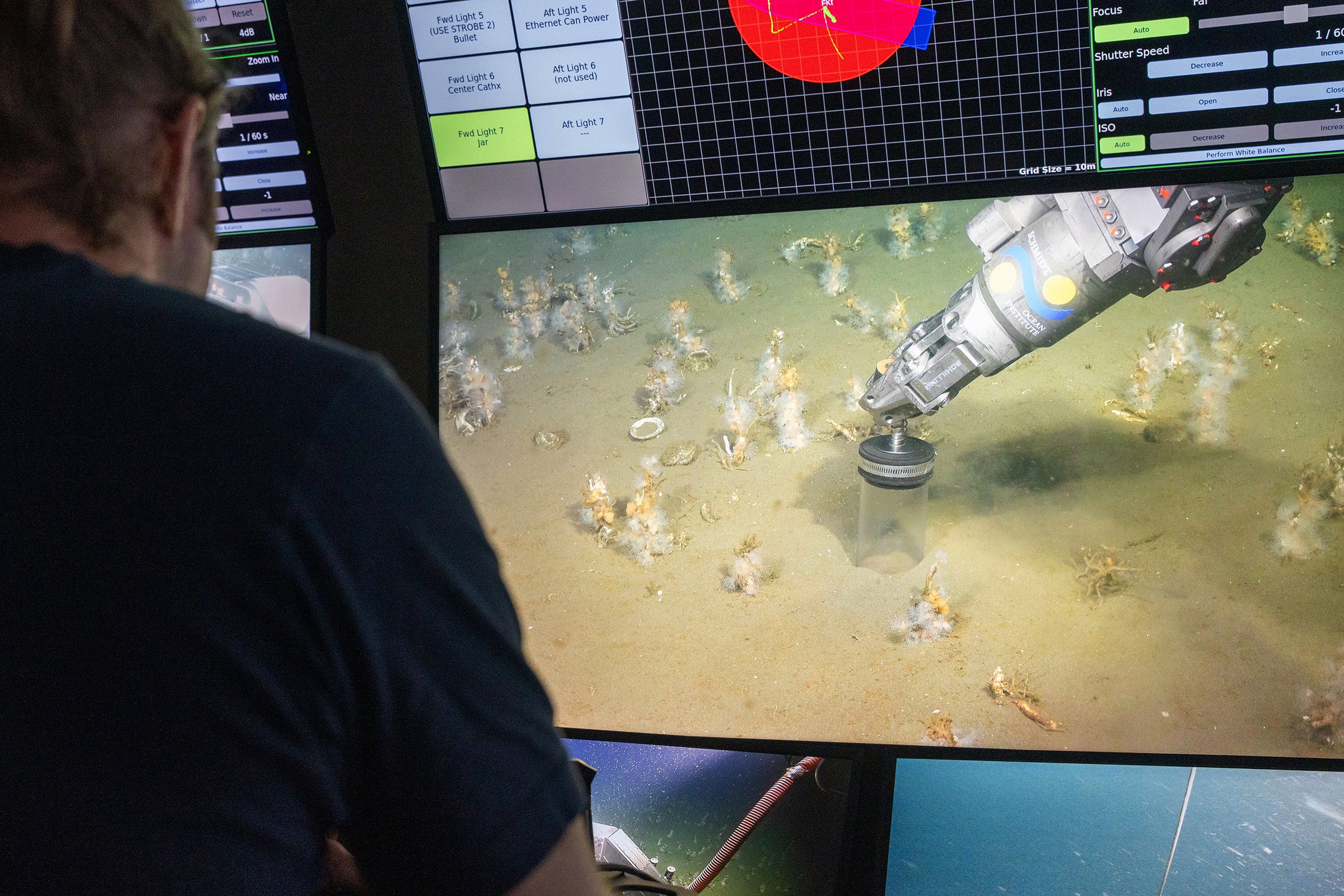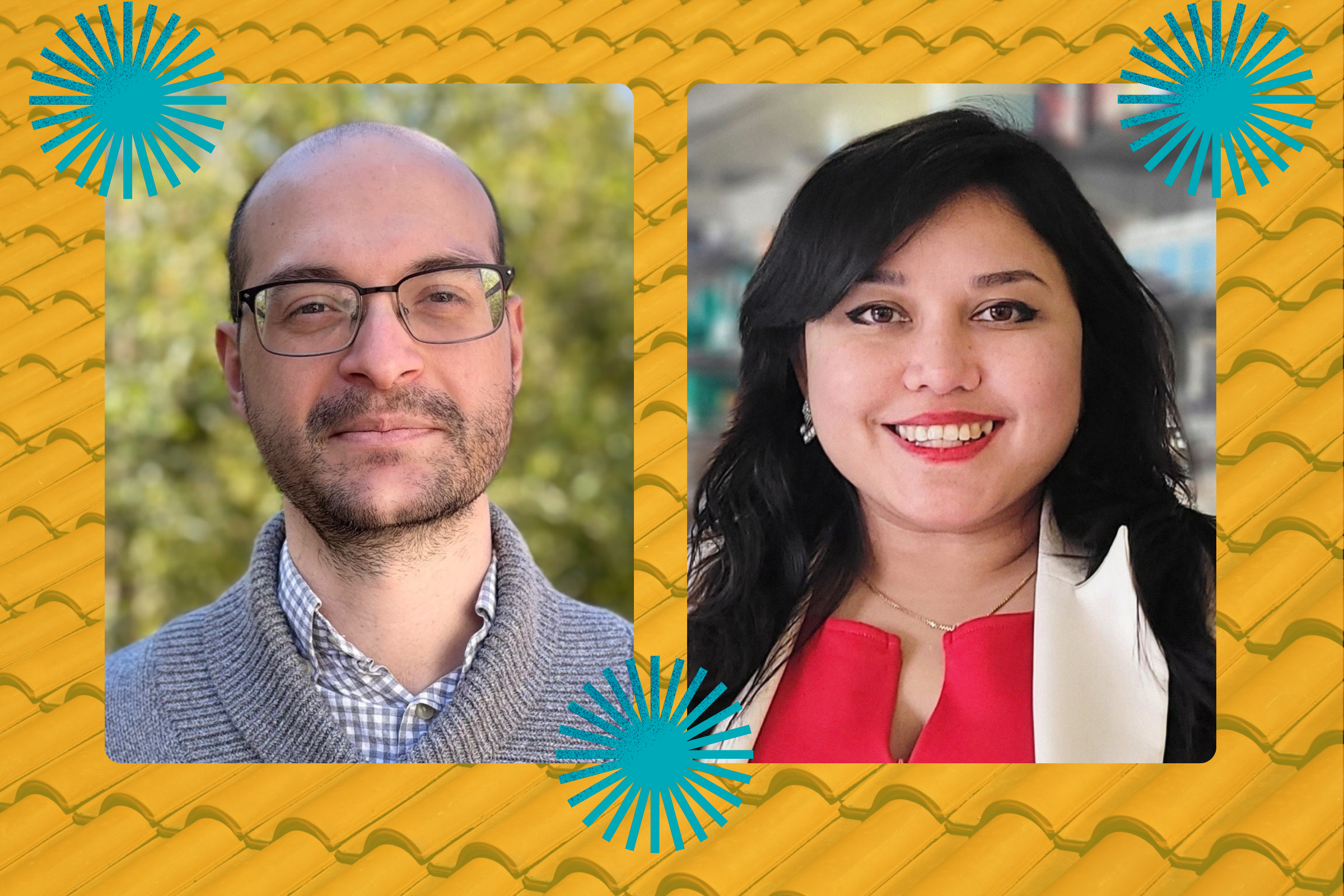Biologist Awarded Radcliffe and Guggenheim Fellowships
Steven Phelps will research how and why animals form attachments as part of a book project focused on the biology of intimacy.

Steven Phelps, a professor of integrative biology and director of the Center for Brain, Behavior and Evolution at The University of Texas at Austin, has been awarded two prestigious fellowships in the same year related to his work on the biology of intimacy. He received both a 2021 Guggenheim Fellowship and was named a 2021-2022 Radcliffe Fellow by the Harvard Radcliffe Institute.
Phelps is one of 52 Radcliffe Fellows announced today and was selected from among 1,383 applicants. He will be part of an elite class of artists, scientists, scholars and practitioners working on creative, bold projects to make the world better.
"The 2021–2022 fellowship cohort is characterized by intellectual reach, excellence in scholarship, and creativity," said Radcliffe Dean Tomiko Brown-Nagin RI '17 in a press statement. "In the wake of an unprecedented—and profoundly difficult—14 months, the challenges facing our society are daunting. Some of these challenges are new, others are merely new to the spotlight—deep and longstanding issues that have been exacerbated by the pandemic and its far-reaching consequences. Our newest class of fellows will reckon with this moment and its meaning, and they will push the limits of knowledge and practice across the sciences, social sciences, arts and humanities."
Phelps will research how and why species form attachments as part of a book project focused on the biology of intimacy.
In April, Phelps also was selected as one of 184 artists, writers, scholars and scientists to receive a fellowship from the John Simon Guggenheim Memorial Foundation. Successful candidates were chosen through a rigorous peer-review process from almost 3,000 applicants.
Phelps' lab works at the intersection of social neuroscience, gene regulation and evolutionary genetics. Using animals in the lab and in the field, Phelps explores why individuals and species vary in their social behavior. In one line of research, he was surprised to find that, within the same species of monogamous prairie voles from the U.S., some males are more faithful and some are less faithful, and that the difference comes down to a subtle genetic variation in their brains. He has described this and other fascinating insights in public outreach presentations about the biology of bonding and to media outlets, most recently in outlets including BBC Radio and The New York Times.
In another line of research, studying singing mice from Costa Rica, he and his team identified a brain circuit that might enable the high-speed back and forth of human conversation.
Phelps received his Ph.D. in integrative biology from UT Austin in 1999. He was a post-doctoral fellow at the Smithsonian Tropical Research Institute and at the NSF Center for Behavioral Neuroscience in Atlanta. In 2002 he became a faculty member at the University of Florida, and joined UT Austin in 2010. Among other awards, he received a National Science Foundation CAREER Award in 2009 and a UT Austin College of Natural Sciences Diversity and Inclusion Teaching Excellence Award in 2018.
Radcliffe Fellowship Program selection occurs annually and supports artists, scholars and practitioners from across the globe who bring both a record of achievement and exceptional promise, according to the Harvard Radcliffe Institute website.
The John Simon Guggenheim Memorial Foundation has offered fellowships to exceptional individuals since 1925 in pursuit of scholarship in any field of knowledge and creation in any art form, under the freest possible conditions.
Among the winners of both fellowships are some of the most recognized individuals in arts and science.
This post was updated from an earlier post in April to reflect that Dr. Steven Phelps won both Guggenheim and Radcliffe fellowships.



